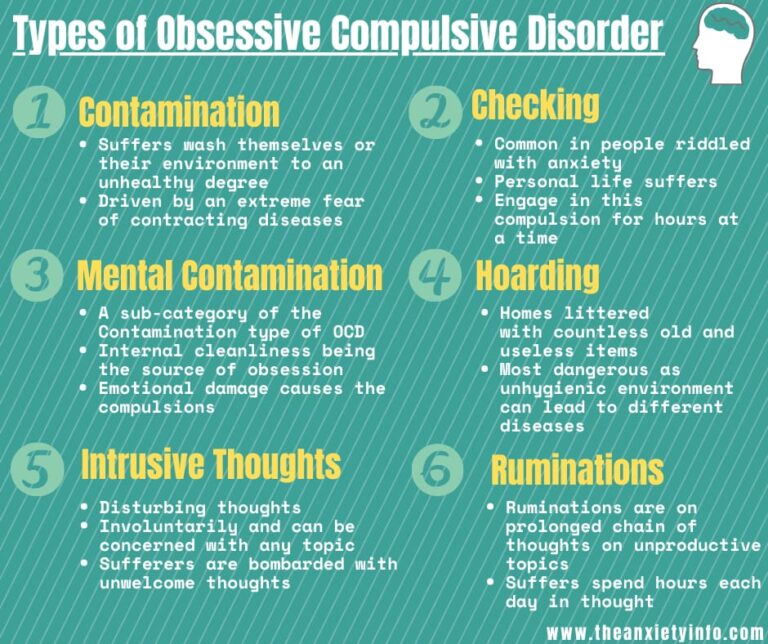

To banish your anxiety and avoid the thought, you mentally count to 100 over and over until you relieve some of the distress. You don’t have any reason to do this, but you can’t seem to shake the fear that you will. During a work meeting, you imagine yourself standing up and insulting your boss.You don’t want to think them, but you find yourself fixating on them, unable to stop - though compulsive behaviors might offer some temporary relief. They could be violent or sexual in nature. Like intrusive thoughts, obsessions might center on taboo, disturbing, or socially unacceptable ideas. Yet, these are usually more intense and persistent than intrusive thoughts. If you’ve experienced an intrusive thought, you have some understanding of obsessive thoughts.

You might try to block them out, suppress them, or distract yourself from them. It may be that you find obsessions can leave you feeling anxious, guilty, or even disgusted. While you may control your response, you might find it challenging to control the thoughts.ĭescribing positive things as obsessions diminishes the emotional turmoil experienced by people who live with obsessions. When you live with conditions that involve obsessions, these obsessive thoughts happen spontaneously. I could eat there every single day.”īut an obsession isn’t something you like or enjoy.Īn obsession is an intrusive and unwanted thought or image that keeps coming back and causes you great distress.

Even when you recognize these compulsions as irrational or unhelpful, you still have a strong need to do them. You might feel compelled, in other words, to perform this action when you have an obsessive thought.
#Compulsive thoughts meaning manual
The Diagnostic and Statistical Manual of Mental Disorders (5th ed.) defines a compulsion as a repetitive mental or physical act.


 0 kommentar(er)
0 kommentar(er)
